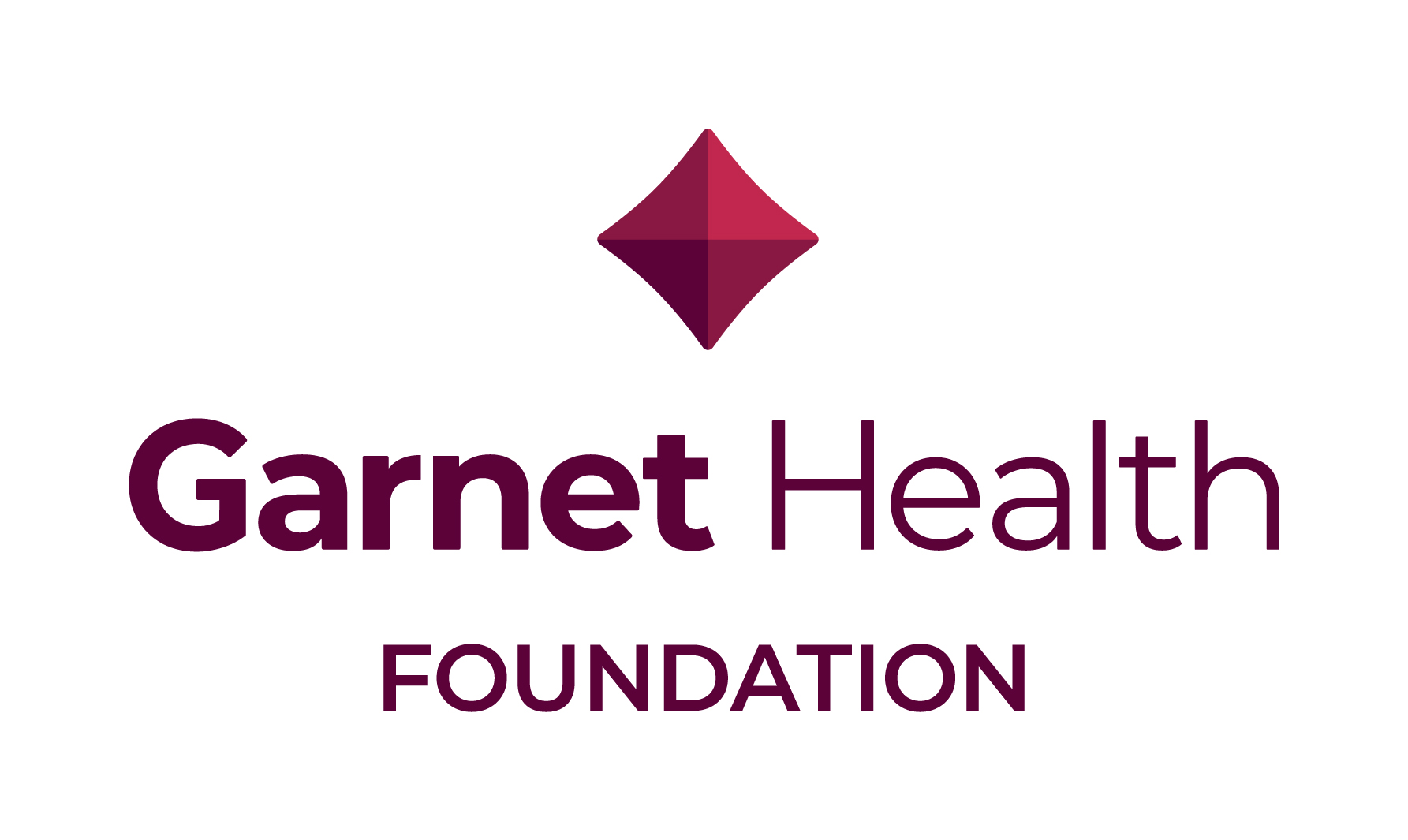Monday April 29, 2024
Case of the Week
Gifts from IRAs, Part 10
Case:
Quentin Charles Douglas was the firstborn child in a large family. Throughout his childhood, Quentin's parents worked hard to put food on the table for their children. They also instilled in Quentin the value of hard work and saving money. Quentin took those lessons to heart, putting forth his best effort in school, finding a rewarding job and putting away as much in savings as he could. For many years, Quentin worked for a company that offered a 401(k) plan. During those years, he put as much into his 401(k) as he could afford so that he could maximize the benefit of his employer's matching contributions. Eventually, Quentin moved on to other employment and made a tax-free rollover of his 401(k) into an IRA. As he approached retirement, Quentin continued to contribute to his retirement savings by maxing out his IRA contributions each year.With his lifelong penchant for saving money and some savvy investing, Quentin was able to retire comfortably at age 65. Now, a few years later, Quentin accepted a job doing what he loved. With this new job, he would like to continue to add to his traditional IRA even though he has reached age 72. He understands that he can make tax deductible contributions to his IRA, if he has taxable compensation. Quentin's required minimum distributions (RMDs) from his IRA have started. Given his lifetime savings, investment income and social security distributions, Quentin does not feel as though he needs the additional income that the IRA distributions will provide – especially with the increased taxes tied to that income.



